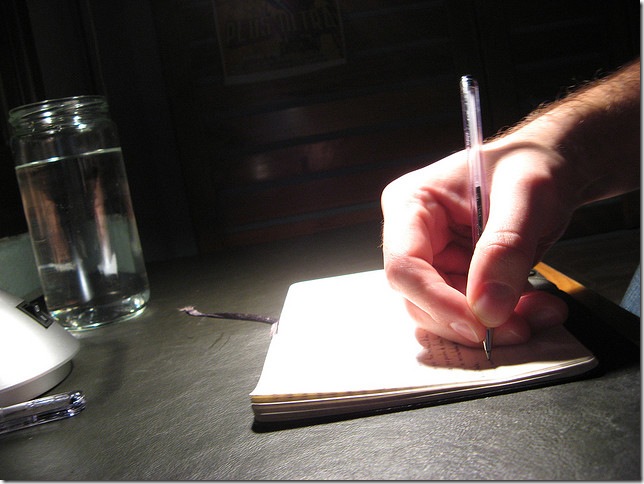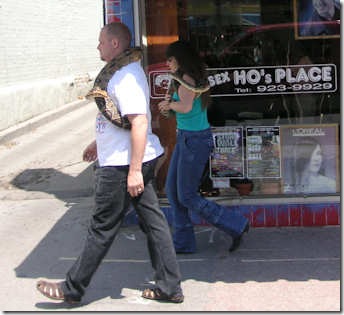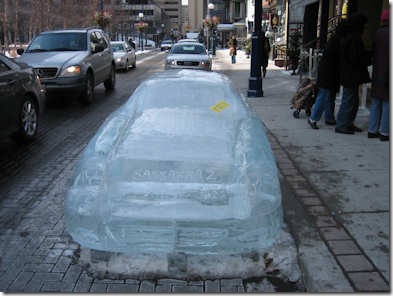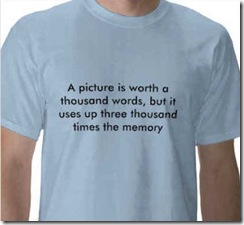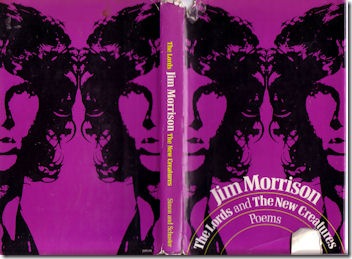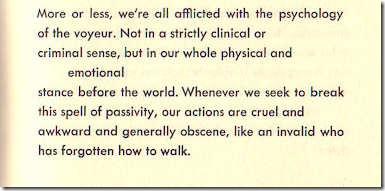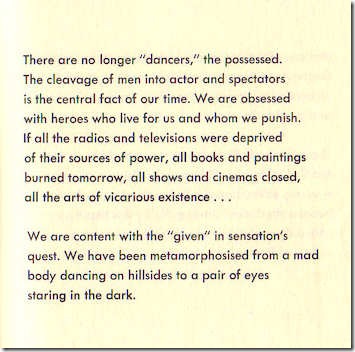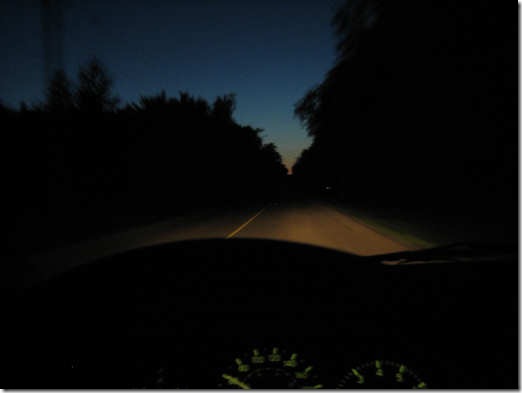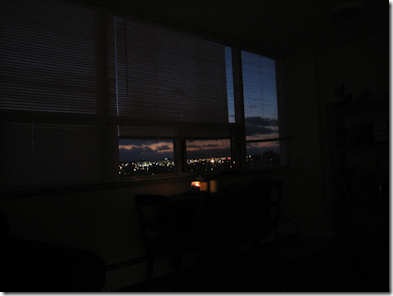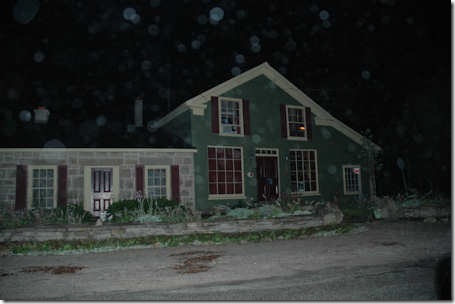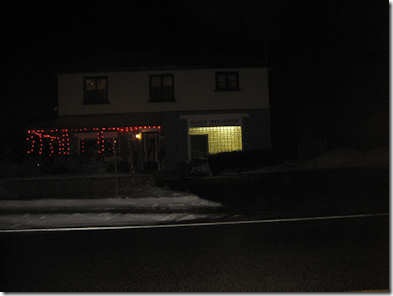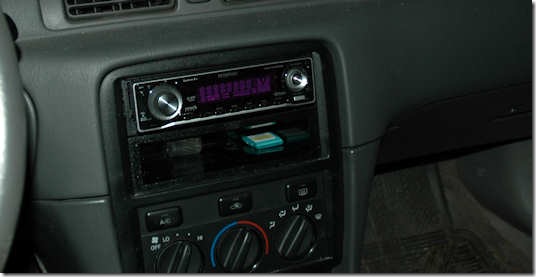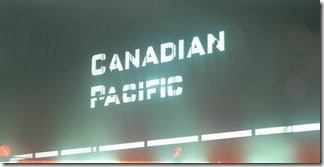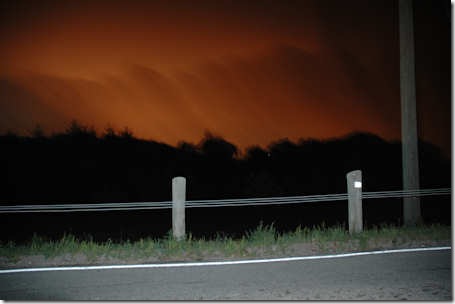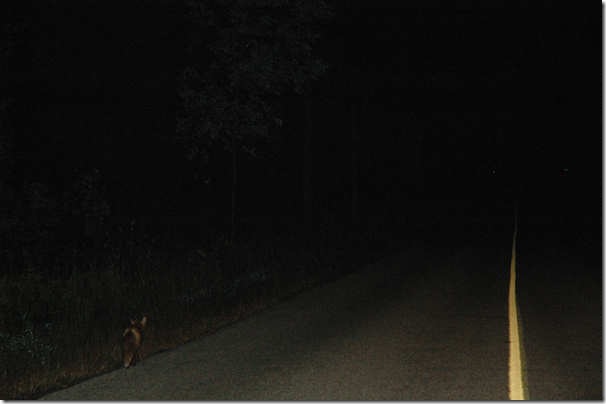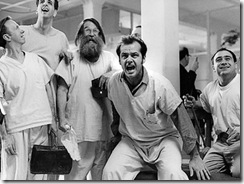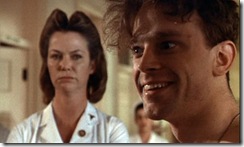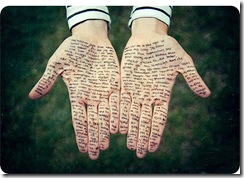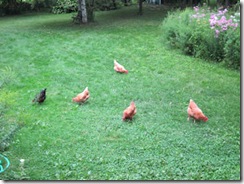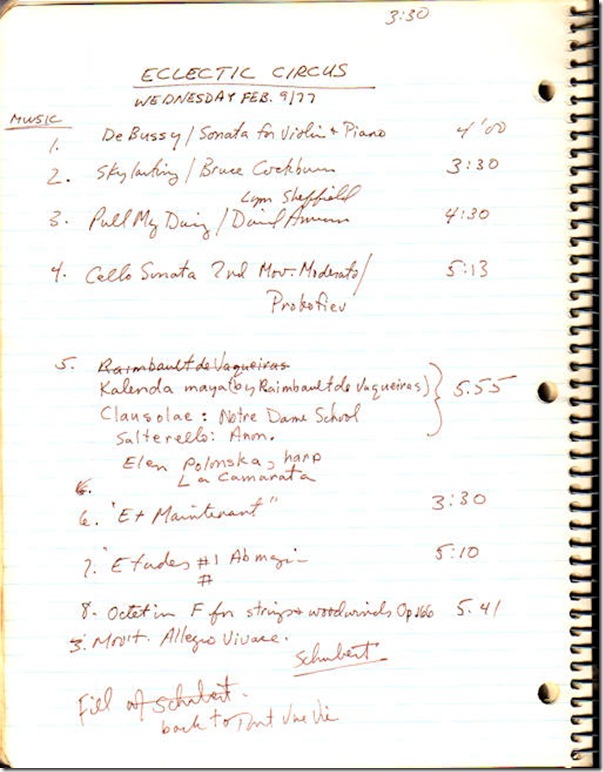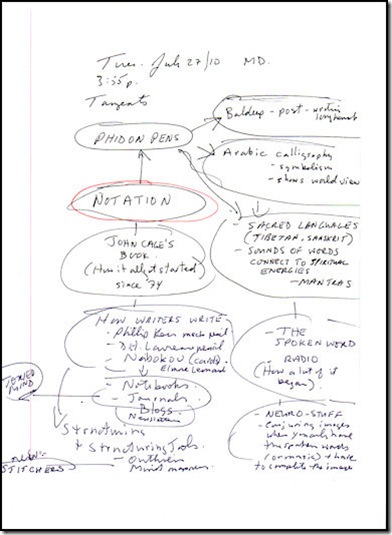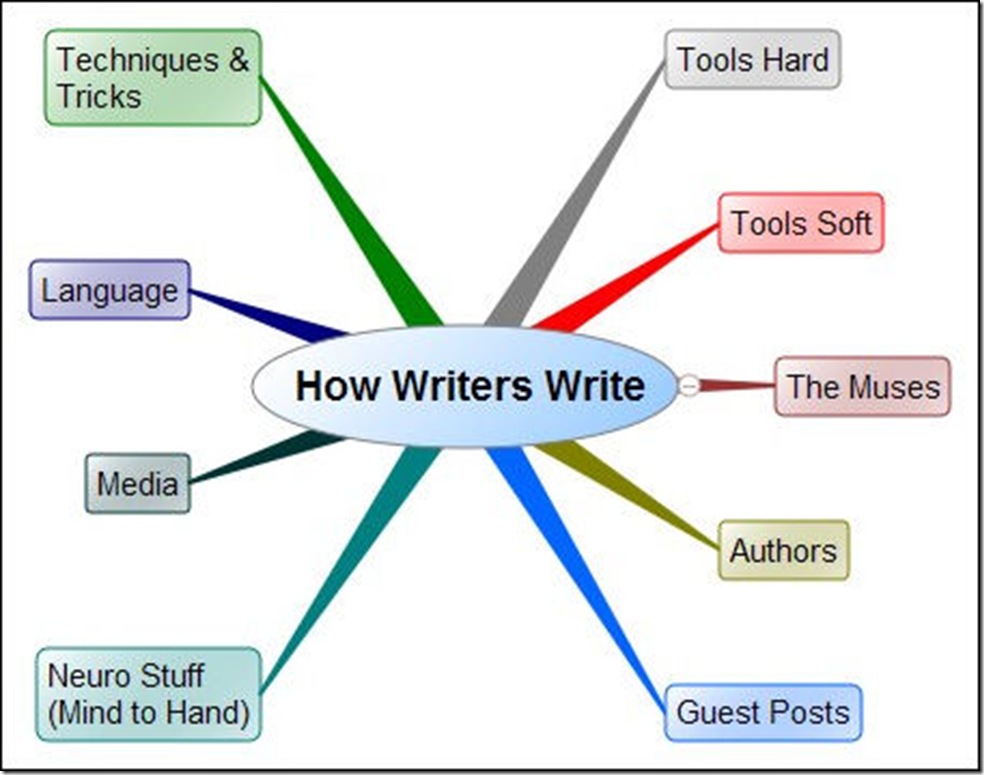Choosing to Be a Writer: Ulterior Motives and Good Intentions
Like many college students, I had a hard time focusing on just one subject to study – one major to define four years of my life and provide the foundation for my career. It was a lot of pressure from professors, from family, and mostly from inexplicable reactions that happened in an unfamiliar territory that felt like my stomach suffering from indigestion. The pressure grew into uncontrolled worry, paranoia, and insomnia before I decided to end it regardless of the consequences. After settling haphazardly on Spanish and international studies, I immediately switched to piano performance and allowed the incessant demand for hard work to swallow my thoughts and energy. Three years passed before I made my last and most difficult change, deciding to study English with a concentration in professional writing and rhetoric. Why?
On Writing for Life
It’s a question I often ask myself, and others who consider my behavior strange have demanded solid reasons for my apparent mismanagement of self and of others’ resources. To them, I point out that I did graduate in four years, magna cum laude. They no longer feel that I owe an explanation, but on solitary afternoons without music, I have to answer my own question. I do miss the piano and the ability to enjoy the company of other musicians who need no words to communicate. But the practical side of me that’s been unfairly paired with a strictly creative spirit is fulfilled by writing and left cold by music.
I began to approach the idea of becoming a writer when I realized that studying music would not equip me for life after college. It was a purely practical urge, one that I had ignored in order to focus on developing myself as a musician, and it had grown to a size that couldn’t be ignored. I knew that out of the slew of impractical skills and hobbies I had, writing was the most practical and had the most potential for getting me through life in the real world. What I didn’t expect from it was the opportunity to be creative.
Writing as Profession
I’m a professional writer. I use writing as a versatile tool to accomplish a variety of goals, such as successful communication, informing others, constructing marketing campaigns, publicizing, and even entertaining. I manipulate words to achieve specific effects – the ultimate practical use of writing. And although I’m not changing the world or solving its problems, my practical side is satisfied that I’m able to support myself while I plot my next move. Fortunately, that’s not where my decision to be a writer ends – I also allow myself to enjoy writing as a creative enterprise.
Writing as Creation
They say you should write every day if you want to become a serious writer. I do that as work, but it’s not what I would be writing if I had the choice – and I think that’s the important part of writing for personal development. After I’ve worked all day, writing for two different jobs, I have to find a way to rediscover writing as creation. At night, I leave the keyboard out of the equation, grab a notebook and a few pens, and leave my home office. It doesn’t matter if I just go sit in my car to write or if I go to a café, but physically leaving work for play is the only way I can access my creative writer. And without that opportunity to write as release, I wouldn’t be a writer.
The Nature of Writing
It’s an interesting entity. Writing can be every bit as artistic as painting, performing music, acting, or dancing, but it’s also a tool that can be used for efficient communication – a tool that’s indispensable in today’s corporate and social world. I like to think that I’ve chosen both practicality and creativity, and it’s a great feeling.

